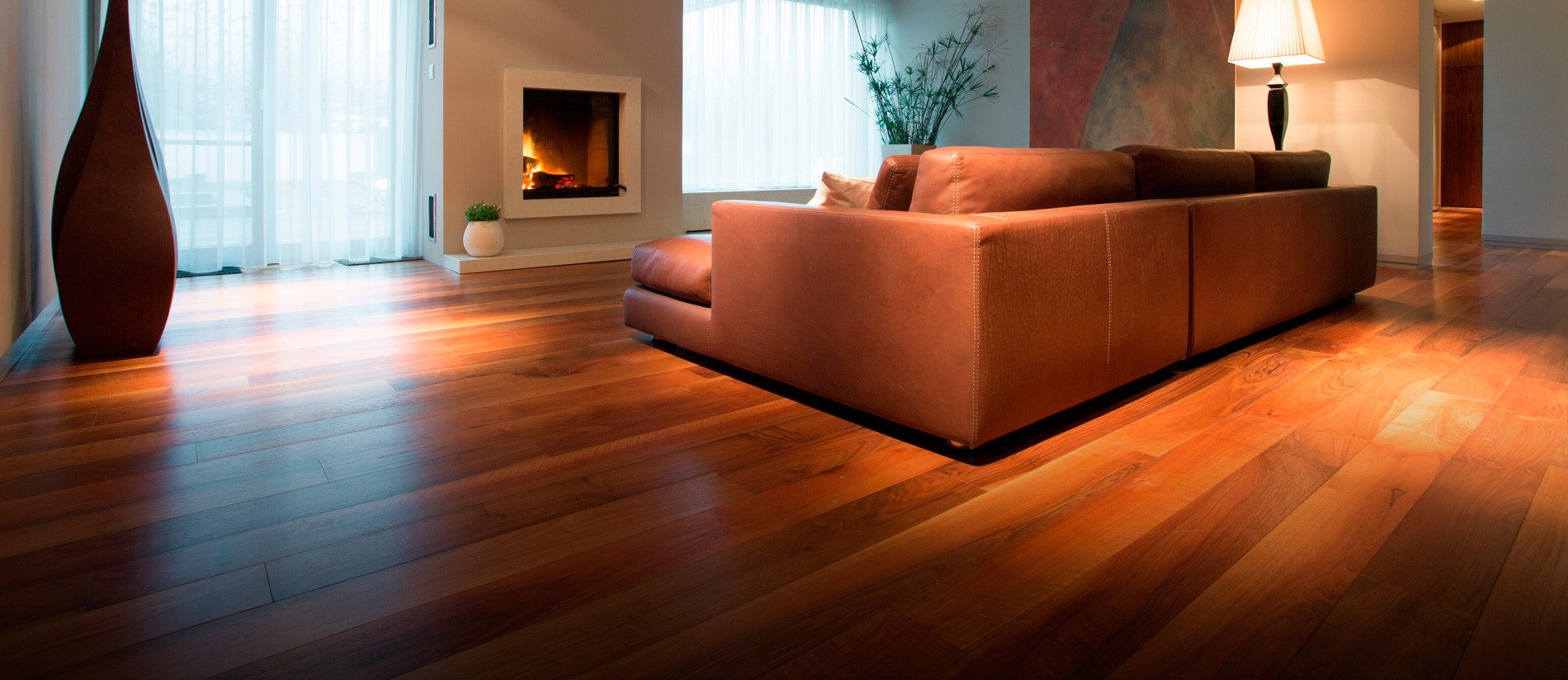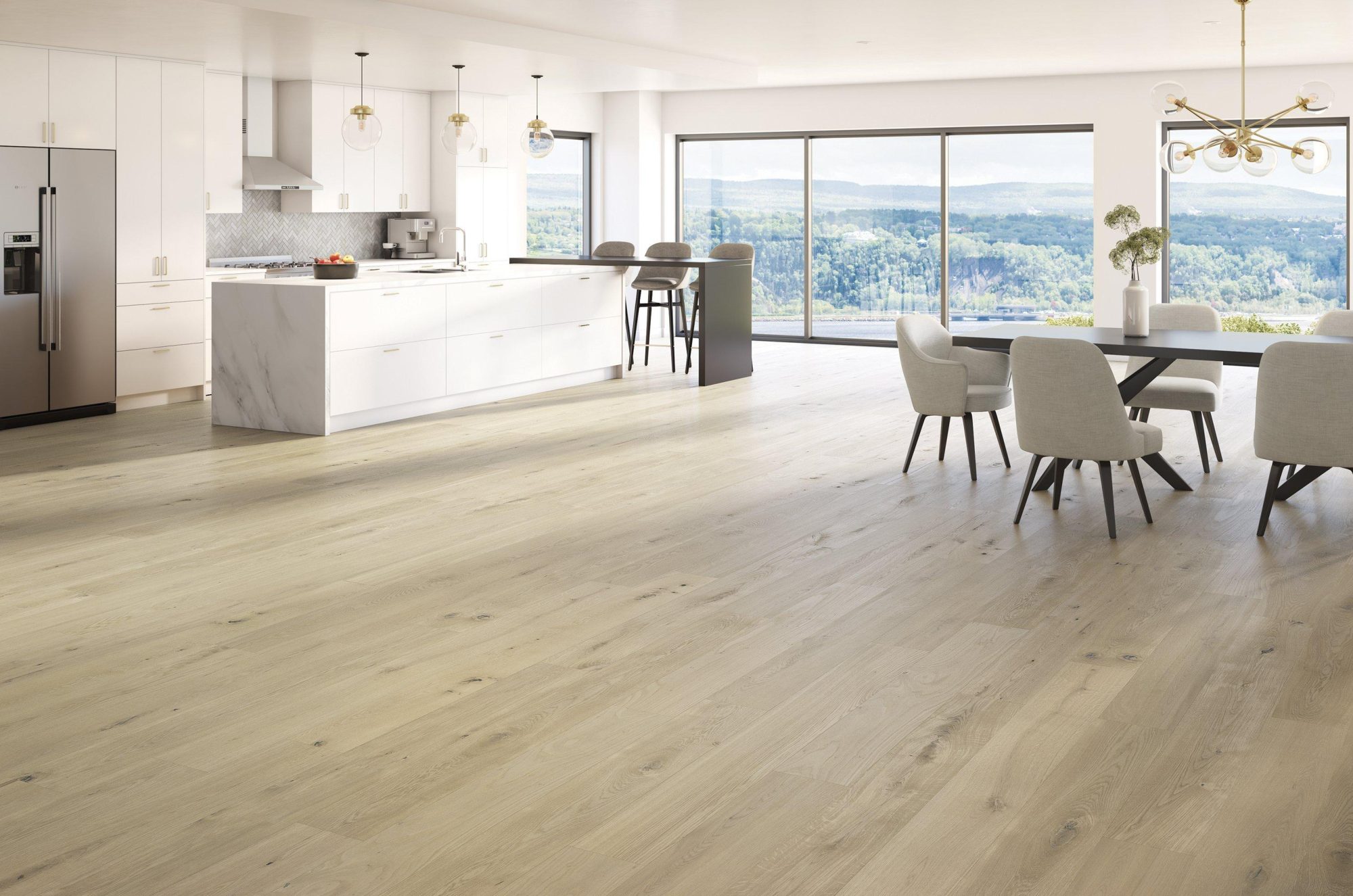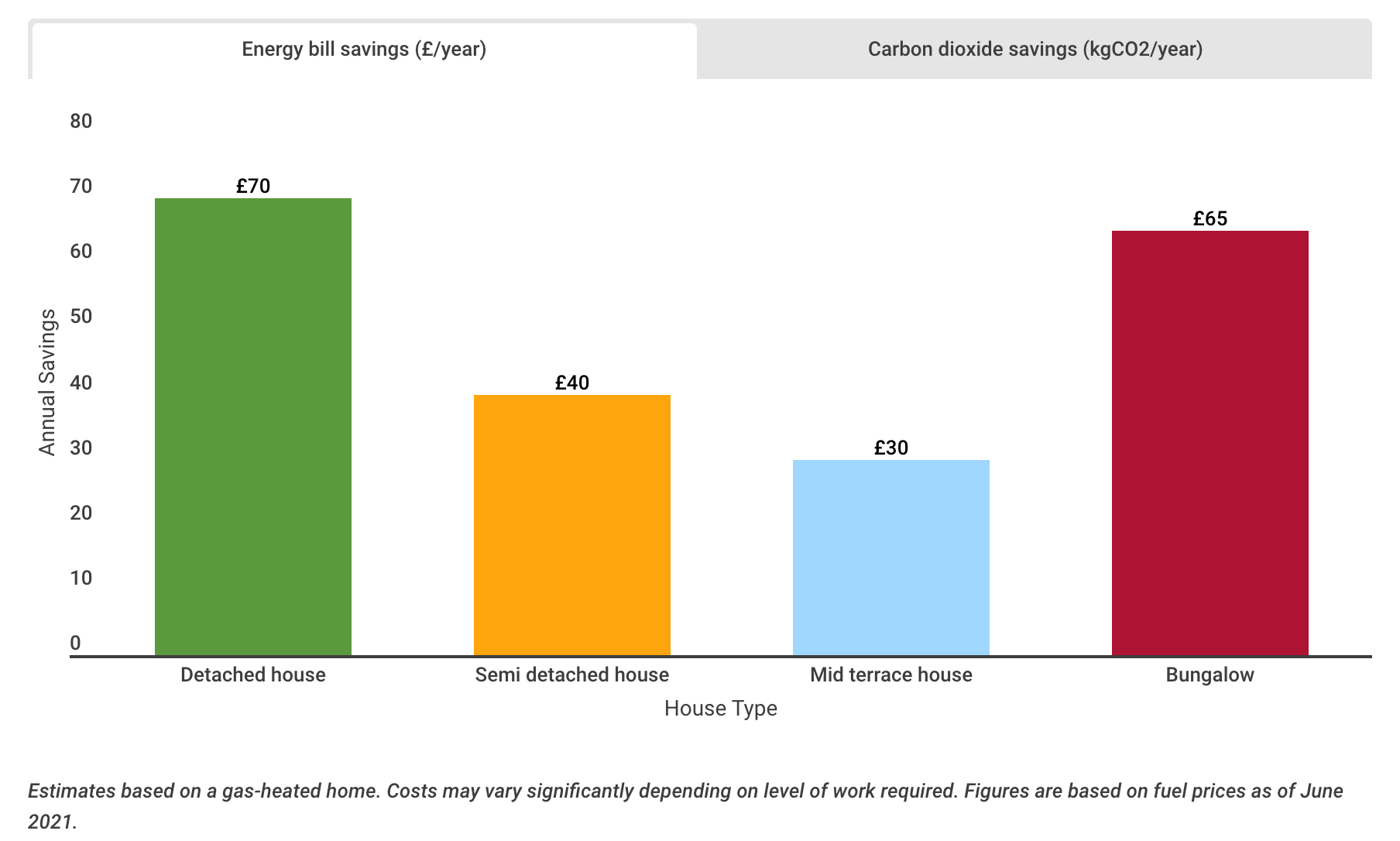Floor Insulation

What exactly is floor insulation?
Insulating your ground floor is a great way to keep your property warm. Generally speaking, you only need to insulate the ground floor. If you’re on an upper floor, you don’t usually need to insulate your floor space.
However, you should consider insulating any floors that are above unheated spaces such as garages, as you could be losing a lot of heat through those.


Dust Control

The Newest Technology

Noice Control

Best Machines

Floor Insulation
Benefits
Insulating a floor means adding an insulating material beneath the floorboards, thereby reducing heat escaping through the floor into the ground. Approximately 15% of heat is lost from a house via this route. Insulation also acts to prevent draughts coming up through the floorboards.
- save around £70 a year
- reduce draughts
- make your home warmer
Floor Insulation Benefits
Insulating a floor means adding an insulating material beneath the floorboards, thereby reducing heat escaping through the floor into the ground. Approximately 15% of heat is lost from a house via this route. Insulation also acts to prevent draughts coming up through the floorboards.
- save around £70 a year
- reduce draughts
- make your home warmer



What type of floor do I have?
Older homes are most likely to have suspended timber floors. If you have air bricks or ventilation bricks on the outside wall(s) of your house that is below floor level, you probably have a suspended timber floor.
Do NOT block up air bricks in your walls. They are needed to help ventilate the space under your floor and stop your floorboards rotting.
If you have a basement or cellar beneath your house that you can get into safely, take a look down there to see what type of floor you have. If the floor is a suspended wooden floor, you will probably be able to see wooden joists and the undersides of the floorboards.
If you don’t have access to the space underneath your house, you will need to lift a corner of the carpet and underlay to have a look.


Professional Floor Insulation
If you don’t feel confident lifting your floorboards yourself, you can get a professional to do this as well as fit the insulation and replace the boards afterward. Costs will vary depending on how big your house is and how easy the floorboards are to lift and replace.
For solid concrete floors, make sure that if they need to be replaced, your builder puts in insulation – you have to insulate a floor when it is replaced in order to comply with building regulations.
Solid floors are insulated using rigid insulation foam, which can be fitted either above or below the concrete. If the concrete is above the insulation it can sometimes store heat during the day, which helps keep the room warm at night. If the insulation is above the concrete the room will heat up more quickly in the morning.
You can still insulate your solid floor even if it doesn’t need replacing. Rigid insulation can be laid on top of the original floor, then chipboard flooring can be placed over it. This will raise the level of the floor, so you will need to make sure doors are trimmed shorter to make room for the insulation. Skirting boards and some electrical sockets may need to be moved.
OFFICE IN
LONDON, UK
office@thebestfloorsanding.com
+44 7424 279 248
CALL FOR A FREE CONSULTATION
ESTIMATE YOUR PROJECT
OFFICE IN
LONDON, UK
office@thebestfloorsanding.com
+44 7424 279 248
CALL US
ESTIMATE YOUR PROJECT



Stay connected
and find out what’s going on
@The Best Floor Sanding
© The Best Floor Sanding | Designed by Swift Nest | Privacy Policy & GDPR | Modern Slavery Act



We are London based floor sanding company providing restoration services throughout the whole of Greater London.
Stay connected
and find out what’s going on
@The Best Floor Sanding
